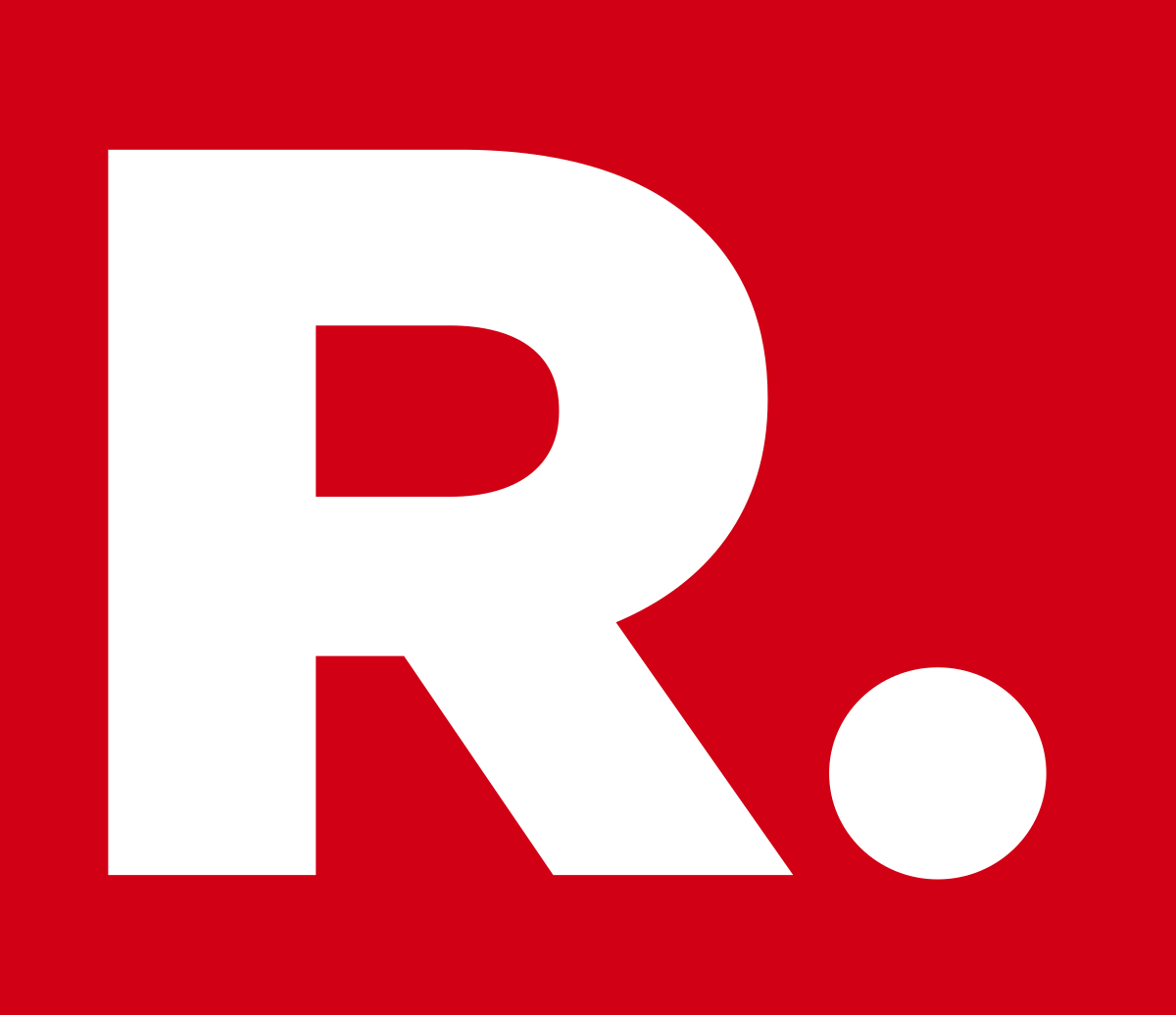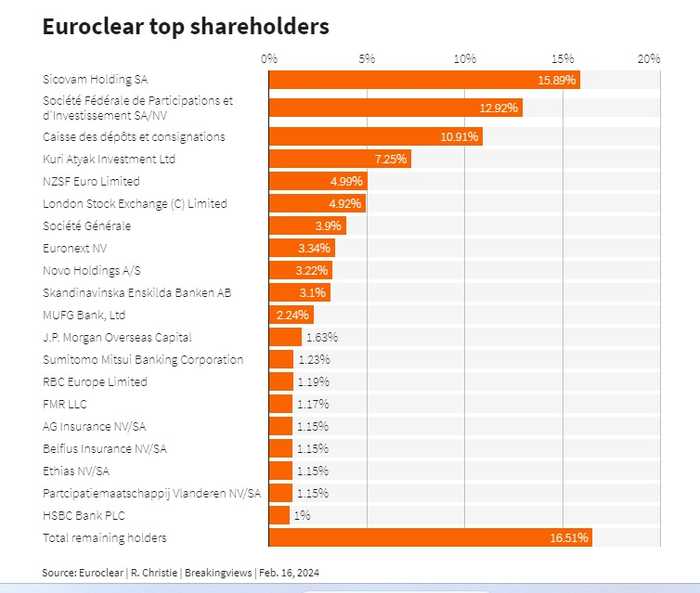Published 21:53 IST, February 22nd 2024
Russia risk looms over Euroclear profit windfall
The Brussels-based company looks after assets worth 38 trillion euros for worldwide clients.
- Republic Business
- 3 min read

Quadrillion-euro question. Euroclear is a private company that operates as a global public utility, with spillover risks to match. The Belgian clearing house is a reluctant custodian of sanctioned Russian assets, which have inflated its pre-tax profit. But any retaliation against the firm could have consequences for financial stability which far exceed the windfall.
The Brussels-based company looks after assets worth 38 trillion euros for worldwide clients, and handles about 295 million transactions a year that add up to a staggering quadrillion euros. Its assets include some 191 billion euros in government bonds and other foreign-reserve assets owned by Russia’s central bank, which Western governments immobilised after President Vladimir Putin invaded Ukraine. As bonds mature and pay coupons, those assets have turned into about 130 billion euros of cash, swelling Euroclear’s balance sheet to 162 billion euros at the end of December – around five times bigger than usual.
CEO Lieve Mostrey has been watching the cash pile up warily. Last year her company earned around 5.5 billion euros in net interest, with all but a billion euros or so coming from the Russian assets. Because Euroclear does not pay interest on clients’ assets, it can technically keep the cash. However, the firm has been tracking the balances separately. It also ignored the windfall when paying a dividend to shareholders including French securities manager Sicovam, state-owned Caisse des Dépôts, Belgian government funds, and a unit of China’s central bank.

The problem is that Euroclear has become a target for Russian legal challenges. Any assets that it and its global clients hold in Russia could be seized in retaliation, potentially leaving the custodian on the hook. Claims are piling up in Russian courts, and the clearing house expects “unfavourable” decisions. Euroclear has already booked 86 million euros in costs and losses due to Russian sanctions and countermeasures. It has not disclosed how much is at stake but EU officials told Reuters the assets in Russia are “substantial”.
It’s big enough to draw concern from the European Central Bank and other regulators. Belgian Finance Minister Vincent Van Peteghem said Euroclear is a “very systemic” financial institution, and the central bank has warned that seizing assets could hurt the euro’s international reputation. If financial markets lost confidence in the clearing house, authorities would be hard pressed to step in.
These threats help explain the reticence by the Group of Seven rich countries to seize the assets. So far Euroclear’s contribution is increased corporate taxes. The Belgian government expects to collect 2.3 billion euros from corporate levies on the frozen assets and will use them to help Kyiv.
Euroclear’s interest windfall may be enough to cover any Russian losses; EU efforts to redirect the interest on the Russian cash, if they go ahead, would only start this year. By letting Euroclear hang on to the 2023 windfall, European authorities aren’t enriching shareholders, they’re protecting themselves.
Updated 21:53 IST, February 22nd 2024